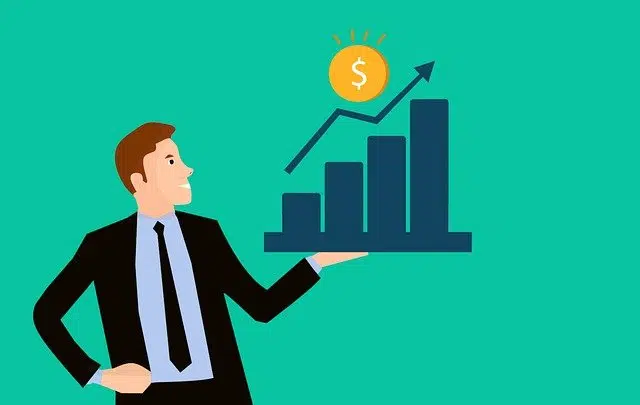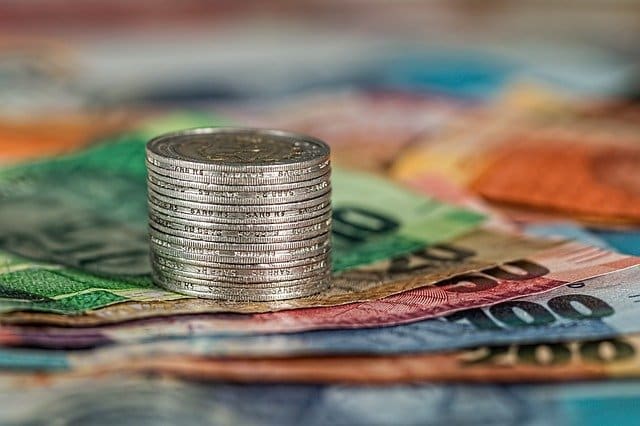
An economic system is a structure that derives from the organization of the production, distribution and consumption of products and services.
A system is a module whose components are interrelated and maintain interactions with each other. Economic , for its part, is that linked to the economy (the study and management of the resources that are used to satisfy needs).
The set of economic factors that interact in a certain region is known as an economic system . It is the structure resulting from the production , distribution and consumption of services and products .
While needs are infinite , resources are limited . The economic system, whose design depends on politics , determines the way these finite resources are distributed . The objective is for the different actors in the economic system to interact harmoniously to meet collective objectives.
Central elements of an economic system
There are several elements that we can determine are fundamental within any economic system. Specifically, among the most significant are the following:
-The incentive system, which establishes the mechanisms that determine the participation of the different economic agents in economic activity.
-Property rights, which indicate who owns and who controls the different means of production.
-The so-called coordination mechanisms, which determine not only how existing factors of production are used, such as capital or land, but also how decisions are made in this regard.

The most widespread economic system today is capitalism.
Some features
Because there are basic needs whose satisfaction is essential for a person to survive or lead a dignified life, every economic system should aim to allocate its resources so that these needs can be satisfied. However, power relations and market forces mean that many sectors of society cannot satisfy their needs, while others are left with many more resources than they need.
Economic systems can be free market oriented (allowing most resources to be allocated through the game of supply and demand), centralized (the State decides how resources are allocated) or mixed (combines state planning with some market freedom). These decisions about the economy are linked to the political and ideological position of the government in power.
Capitalism, the most widespread economic system
Capitalism or free market is, without a doubt, one of the most widespread economic systems in the world. Regarding it, in addition to what has been stated, it is worth knowing other information of interest, such as these:
-One of the main and best-known defenders of it was the Scotsman Adam Smith (1723 – 1790), who is also considered one of the most important figures in economics of all time.
-The public sector does not intervene directly in what the economy is, but it does proceed to establish and fix the laws that will be responsible for allowing the free development and action of the markets.
-Companies are basically guided by their objective of obtaining the greatest possible profit.
-Those who are against this system mainly blame it for causing an unequal distribution of income.
